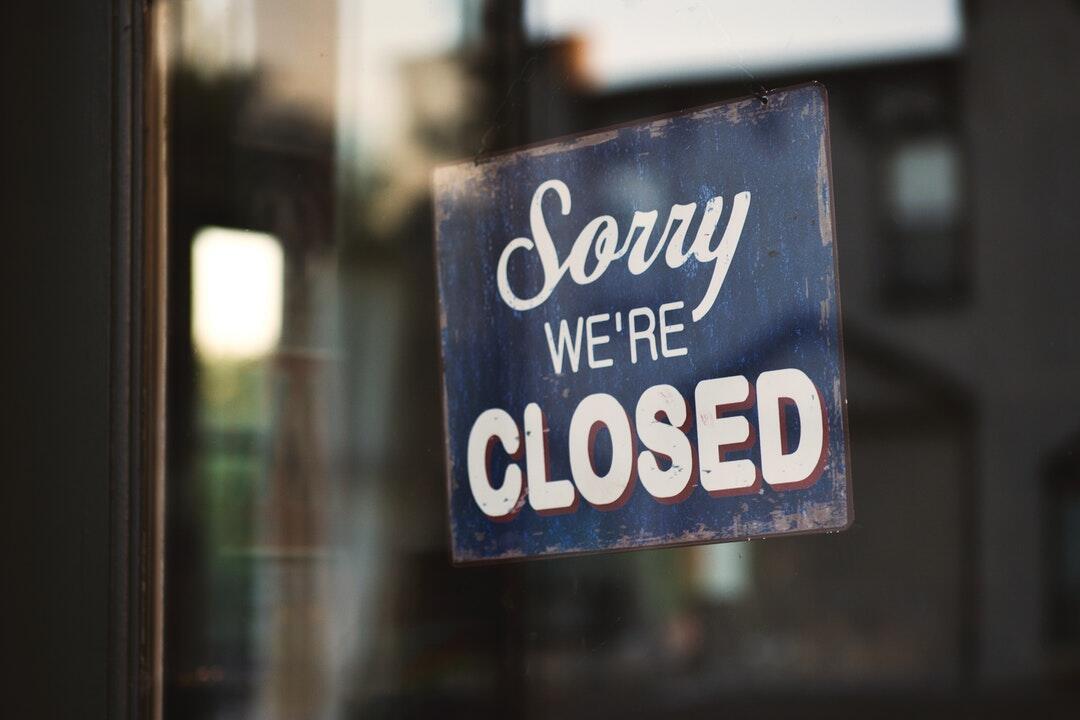Ever thought that failed businesses could help improve economic policies? While failure seems like a setback, it teaches us a lot.
These mistakes show weaknesses in systems and areas that need fixing. Knowing why businesses fail can improve regulations, support, and innovation.
In this article, we’ll see how lessons from failure can lead to smarter policies, avoid mistakes, and boost economic growth where it’s needed most. Ready to discover how failure can guide the future? Let’s begin!
Contents
Learn from the Past
Every failed startup holds lessons that can help make better choices for the economy. This can help spot patterns and see what went wrong to prevent them in the future.
Though failed startup consequences may be tough, they don’t have to go to waste. These failures show where the system needs improvement. Maybe it’s more funding, better mentorship, or clearer rules.
If we learn from the past, we can build a stronger future. After all, each failure is a step closer to success if we know how to use it
Fixing Weaknesses
When businesses fail, they often reveal cracks in the system that need attention. Maybe it’s a lack of solid financial security strategies or insufficient backup plans.
Addressing these weak spots creates a stronger foundation for future success. The good news is that every weakness presents an opportunity to improve.
Even a little tweak here and there can go a long way in building a more resilient economy. It’s like turning those weaknesses into our next big strength.
Strengthening Support Systems
When the going gets tough, strong support networks make all the difference. These systems help businesses stay on track, whether it’s:
- better access to resources
- expert guidance
- a safety net for tough times
We’ve all seen how economic downturn effects can hit hard, but with the right support systems, businesses can weather the storm. Financial advice, mentorship, and resources can also help when challenges arise.
Building these safety nets aids businesses to survive and thrive through tough times. It’s all about creating a system that catches them when they fall and lifts them higher.
Building a Resilient Economy
Building a resilient economy is like building a sturdy house-you want to make sure it can stand strong, no matter what comes its way. One thing that can test this resilience is deflation.
It may sound scary, but we can turn it into an opportunity rather than a setback. You can do this by focusing on:
- strengthening industries
- supporting innovation
- ensuring fair wages
Remember, a resilient economy knows how to handle the curveballs and keeps moving forward-stronger, smarter, and ready for whatever comes next. Plus, it’s always learning and evolving, ensuring every challenge becomes a stepping stone to greater growth and stability.
Understanding How Failed Businesses Influence Future Economic Policy
Knowing how failed businesses influence future economic policy is key to building a stronger, more adaptable economy. By learning from past mistakes, we can create better systems for tomorrow.
Don’t delay! Let’s take these lessons to heart today and push for smarter policies that support growth and innovation. Together, we can turn setbacks into opportunities for a brighter future.
Did you find this article helpful? Check out the rest of our blog now!



